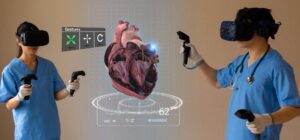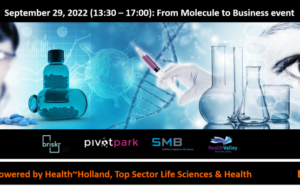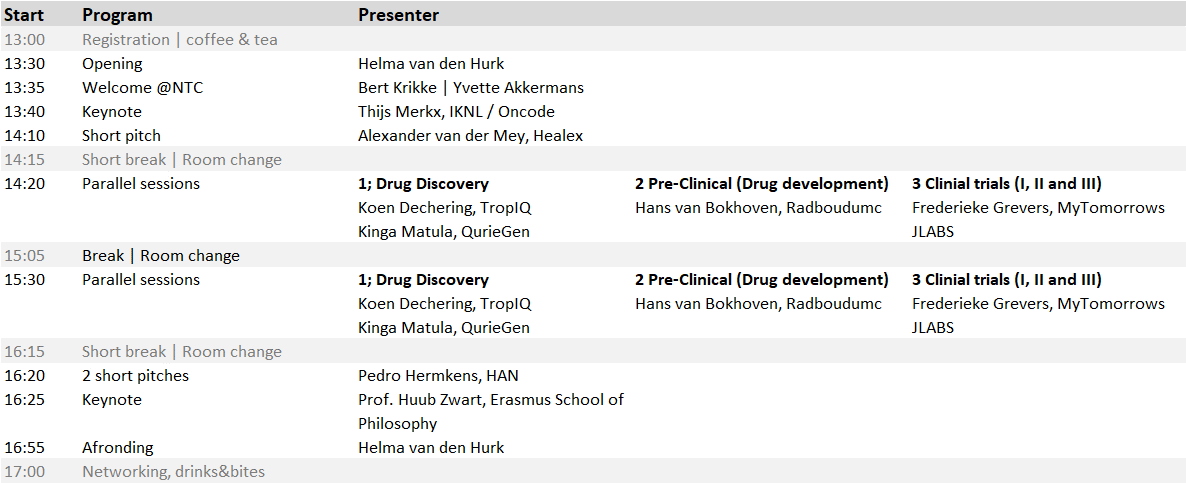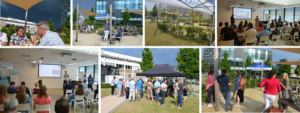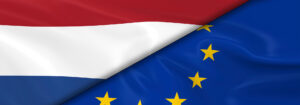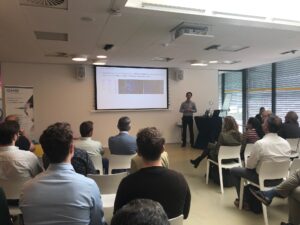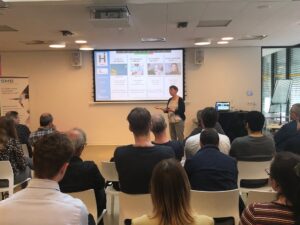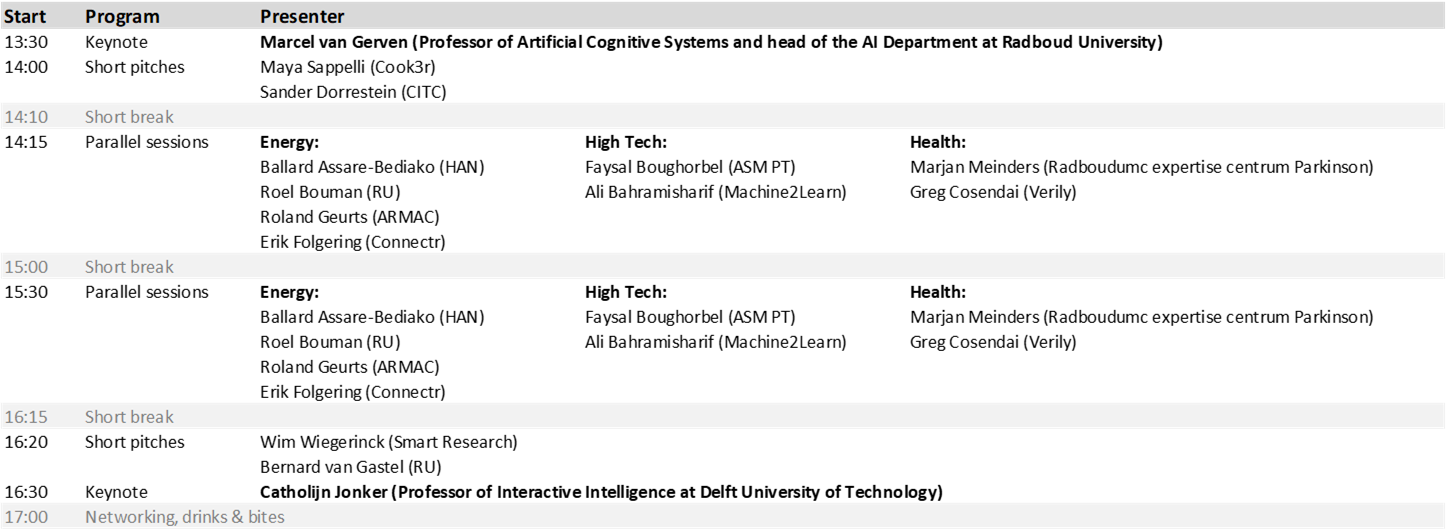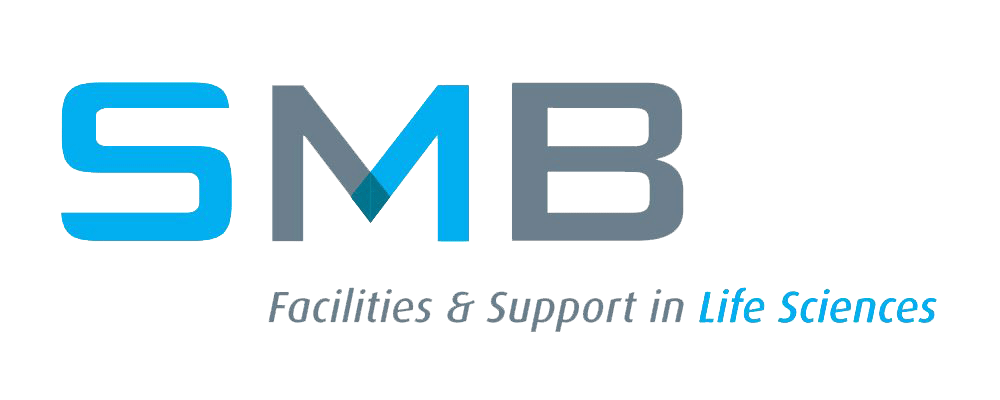Date: January 26, 2023
Time: 16:00-17:00 hrs (doors open at 15:30)
Location: Meet&Greet, building M, Noviotech Campus. Transistorweg 5 Nijmegen
The problems on the healthcare labor market are huge, which is also noticeable in the Nijmegen area. Since most Dutch healthcare professionals are at the end of their tether, we need creative solutions if we want to keep healthcare sustainable in terms of cost and people.
The HAN University of Applied Sciences is convinced that regional collaboration with digital health businesses results in more creative solutions. Consequently, the impact on healthcare will be more significant.
During this session, Professor Maurice Magnée will share his vision on the future of healthcare and healthcare education. He presents several of his research projects involving VR&XR, and explains how he collaborates with local businesses and healthcare organizations.
Subsequently, one of his students will share his experiences with ‘new style’ education involving digital technologies and how this could affect his career.
At last, two regional businesses, Simulation Crew and Sync VR, present their state-of-the-art technologies for remote care and learning. They will reflect on their collaboration with the HAN and elaborate on opportunities they see for the Nijmegen ecosystem.
Good to know
Presentations are in English & the entrance is free (registration upfront is needed though). We welcome new guests, so please feel free to pass on this invitation to relevant people in your network!
We look forward to meeting you!
The monthly meetings Science Meets Business aim to connect people and exchange knowledge in the world of science and business.

